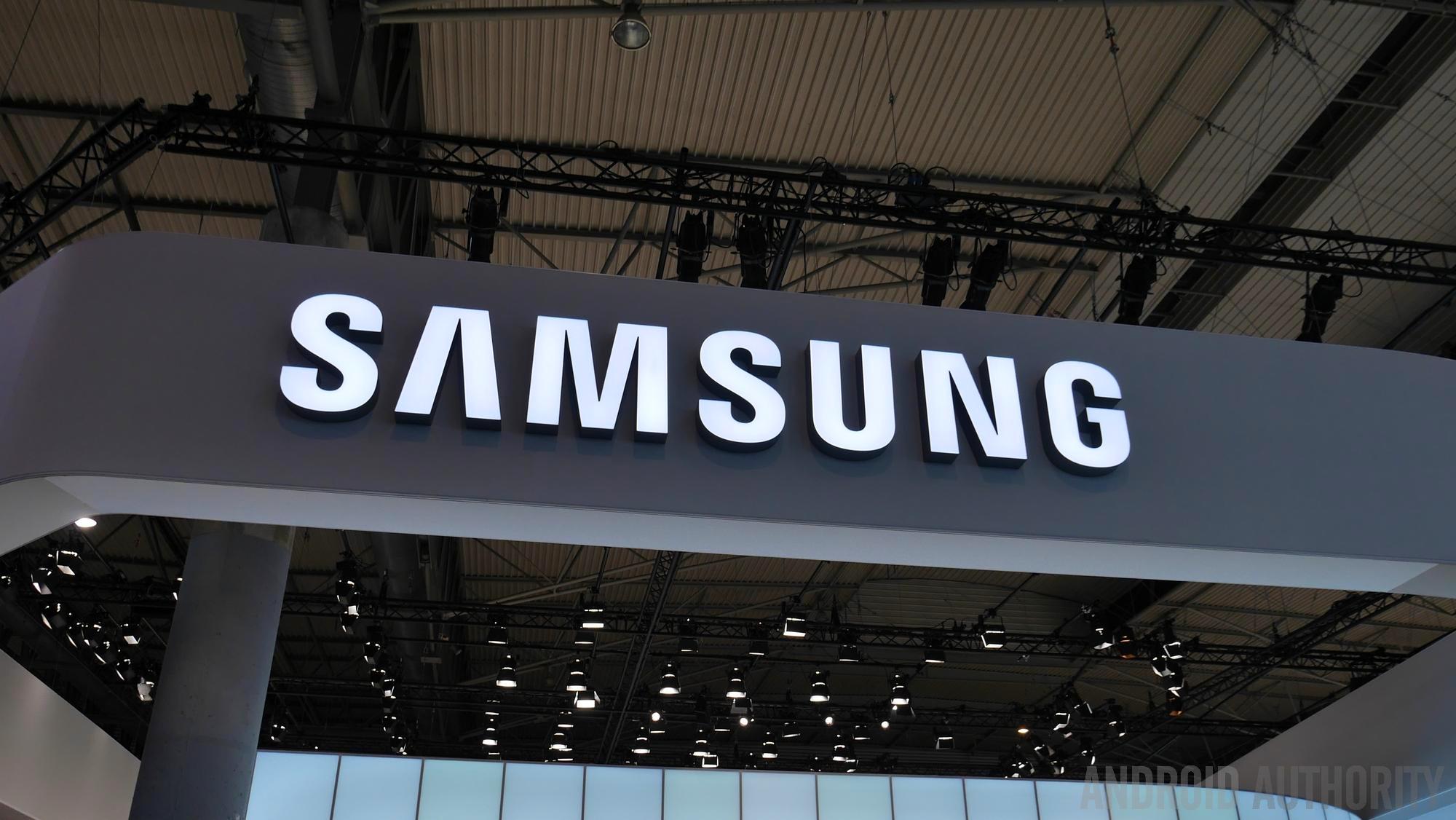Affiliate links on Android Authority may earn us a commission. Learn more.
Samsung rumored to be developing a custom mobile CPU core

Samsung seems confident in its Exynos 7420, having opted to cut Qualcomm out of the picture with regard to the Galaxy S6. Building on its Exynos line-up, the company is rumored to be moving towards a completely in-house processor design, as sources suggest that Samsung is developing its own mobile CPU cores for future products.
According to sources in the semiconductor industry, Samsung Vice Chairman Lee Jae-yong has instructed executives to “to strengthen technology capability in order to design not only mobile devices but also various semiconductors.” The implication being that Samsung could begin designing its own CPU and GPU cores or other integrated circuits from scratch, if it hasn’t done so already.
The rumor comes as analysts are raising this year’s expectations for Samsung’s growing semiconductor business, which has become an increasingly important division for Samsung as smartphone sales have slowed.
The same sources state that Samsung will be working on its own 64-bit CPU core design, rather than licensing the reference Cortex-A designs provided by ARM. The CPU is expected to begin showing results sometime in the first quarter of 2016. “Seeing results” isn’t exactly a clear statement, but seems to suggest a transition from the internal development stage towards final production, right around the time that the company should announce the Galaxy S7.

Samsung has actually been hinting at moving over to its own CPU core design since Samsung Analyst Day 2013, with presentation slides suggesting that Samsung’s own 64-bit core will be its successor to the current 64-bit ARM implementation.
Rumors have also pointed to some in-house GPU technology too and Samsung has been catching up with Qualcomm in the LTE modem department too, with a SoC integrated modem package expected later this year.
As well as gaining more control over the specifications of its mobile products, Samsung looks to be keen to and reduce its reliance on Qualcomm SoCs and technologies developed by other companies. Although research and development in the IC industry is expensive, Samsung will be able to leverage its leading foundry business to close the cost gap on its competitors.